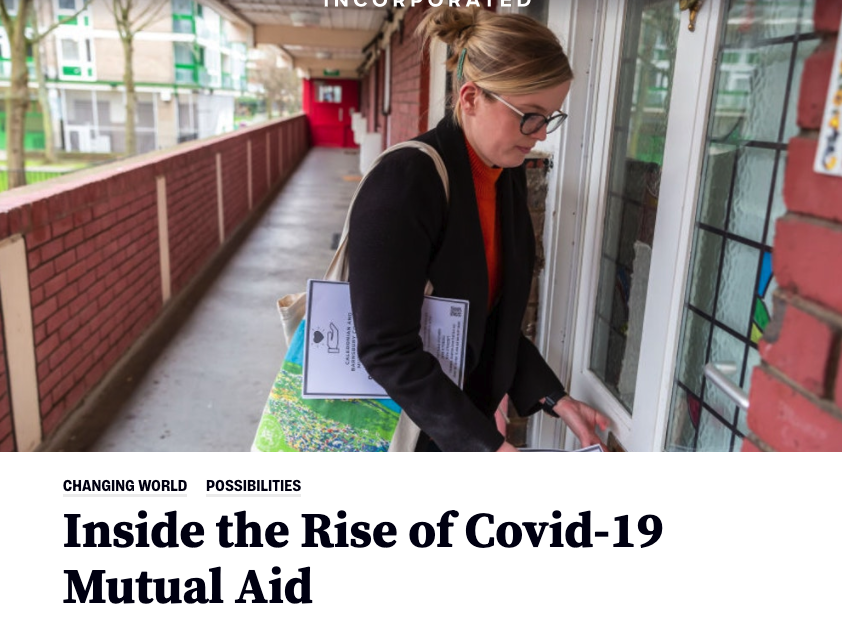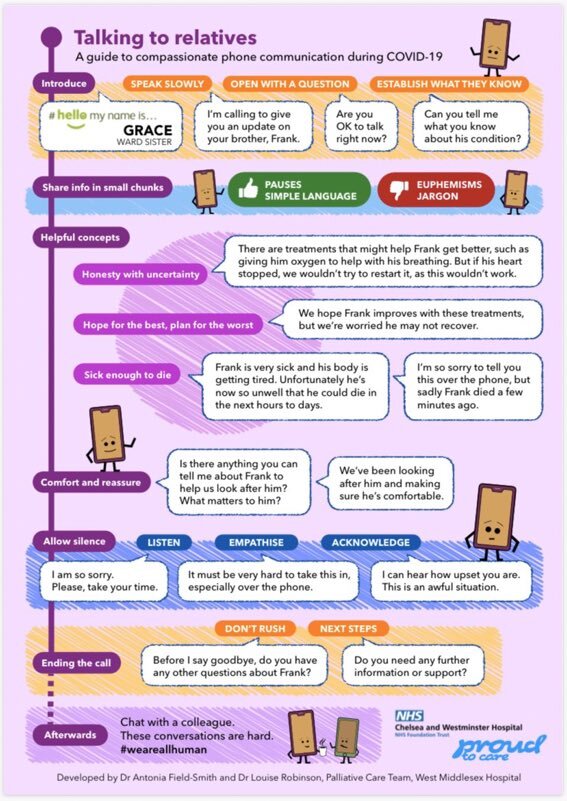Resources to Support Connection and Compassionate Communities
There are many resources being developed across the world to respond to the Covid-19 crisis.
PHPCI is in a small way contributing by compiling resources and key information gathered from the #ComComCovid community.
We are keen to promote and support the citizen and community response to #covid19 #comcomcovid
Connecting and Coming Together
The challenge for health and social care services during the time of the COVID-19 pandemic, in which physical distancing is a mainstay of the response, is how to maintain vital human social contact without increasing the risk of virus transmission.
Resilience of caring networks at end of life in particular can make the difference between a peaceful death at home and an emergency admission to hospital which ends in death. Carer exhaustion in end-of-life care is common in usual circumstances. Reducing hospital usage in these current circumstances is particularly important.
Providing both physical and emotional support is a demand of the heart, our own compassionate response in these times of hardship with the fears and concerns brought by the COVID-19 pandemic. Particularly urgent is the need for support and social connection to those undergoing the experiences of death, dying, loss and caregiving.
‘Compassionate streets and neighbourhoods’ guide was developed by Dr Julian Abel, Cormac Russell and a global group of Compassionate Communities and palliative care practitioners.
Apps
Reach out with neighbourhood posters and visual information
Conversations and Advance Care Planning
Funerals and Bereavement support
People with disabilities:
Via Gemma Allen and Dudley Voices for Choice
A new story book that aims to help children understand and come to terms with COVID-19 has been produced by a collaboration of more than 50 organizations working in the humanitarian sector, including the World Health Organization, the United Nations Children’s Fund, the United Nations High Commissioner for Refugees, the International Federation of Red Cross and Red Crescent Societies and Save the Children.














